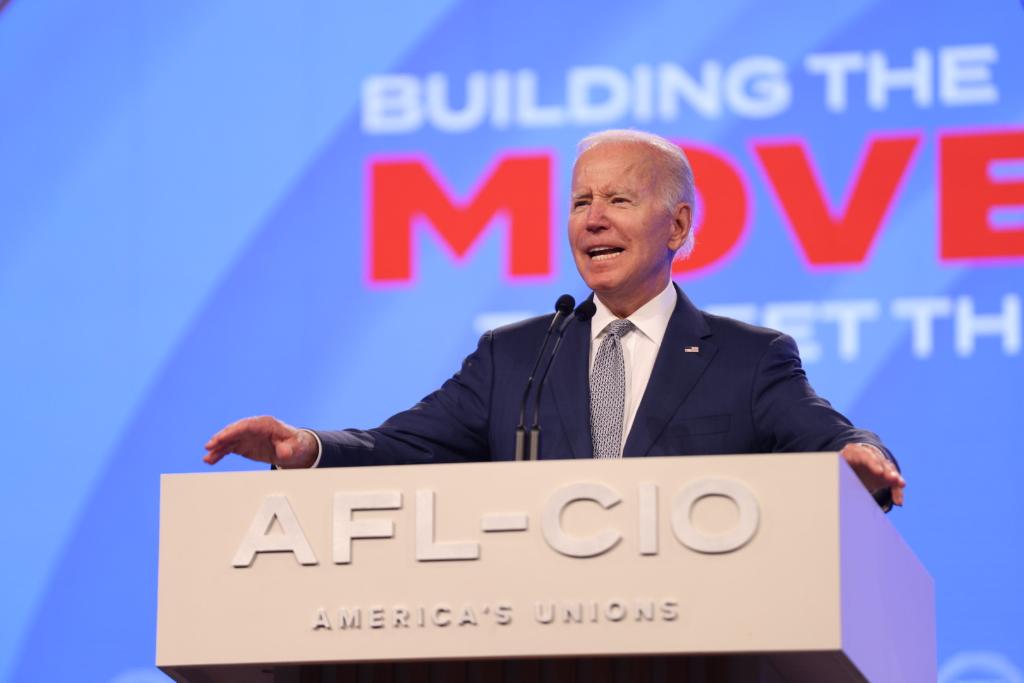The close relationship between Democrats and union officials is usually seen as a negative for Republicans who miss out on big donations and labor efforts to get out the vote. But, in many ways, the pressure labor officials exert on Democratic lawmakers also hurts their party and their chances for electoral success.
Labor is one of the largest and most powerful special interest groups in the country. Not only do unions apply pressure through political donations and lobbying, they have also become a training ground for progressive activists who have used their influence to push the Democratic Party to the left. Unions have targeted moderate Democrats in primary elections, both by funding progressive organizations who target moderates or by promoting left-leaning candidates who take on moderate Democrats through the union-funded Working Families Party.
By pushing Democrats to the left on economic and social issues, unions and other progressive activists have left the party out of step with many voters.
As unions have become more focused on the public sector than the private sector, their relationship with elected officials has gotten a lot cozier. Unions have stepped up their lobbying game, putting pressure on Democrats in state capitals across the country to grow the size and cost of government, which in turn gives unions more power and money. They then turn around and donate more money to politicians, mostly Democrats.
But in states where public-sector unions are particularly powerful—like California, New York, Illinois and Connecticut—the resulting lurch to the left has left many of these states with the frustrating combination of higher taxes and higher debt, resulting in an exodus of businesses and residents to lower-cost states.
Unions have also directly affected public policy in ways that have alienated voters from Democrats.
Case in point: When it became clear parents and children were struggling with school closures during the pandemic, Democrats doubled down on remote learning, citing guidance from the Centers for Disease Control and Prevention (CDC). It was later revealed that the nation’s second-largest teacher’s union—American Federation of Teachers (AFT)—had a hand in writing the CDC policy.
Both big teachers unions—AFT and National Education Association (NEA)—have pushed Democrats on education and other progressive social policies for years, resulting in the politicization of the classroom and hurting teachers and kids in the process.
Of course, it isn’t just public-sector unions that cause problems for Democrats. Unions in the private sector make life difficult for lawmakers as well.
With an economy on the skids, rampant inflation, and other economic pressures building, President Joe Biden’s cozy relationship with unions may be standing in the way of his ability to get things back on track.
For example, West Coast dockworkers are threatening to go on strike, even as the country deals with difficult supply chain issues. The threat looms even though Biden visited with union leaders to try to get the talks on track. Two of the California ports that would be affected are among the least efficient in the world, according to the World Bank.
It doesn’t look like Biden will push back on the union’s power over his party anytime soon. If anything, he is focused on ways to increase their power over the political left. He also recognizes that it was partially because of union money that he was elected president in the first place.
“You’re a gigantic reason why I’m standing here—standing here today as your President,” he said in remarks to the AFL-CIO. “I really mean it. I owe you.”
